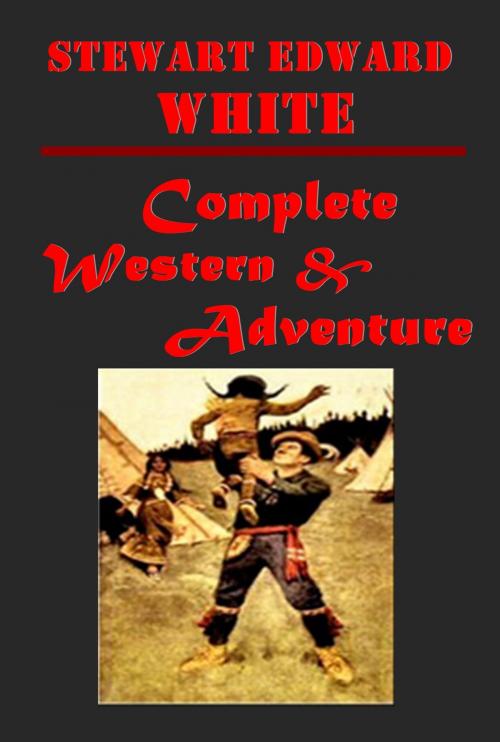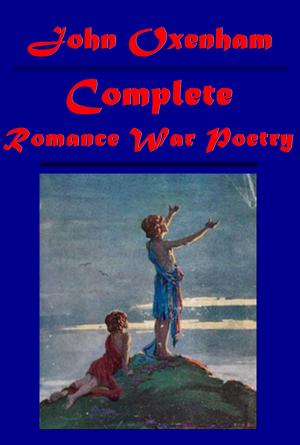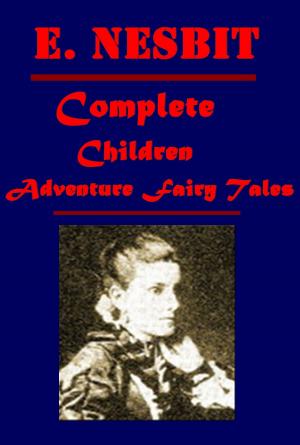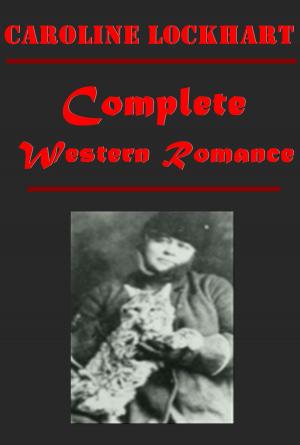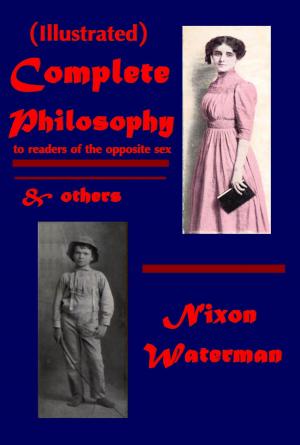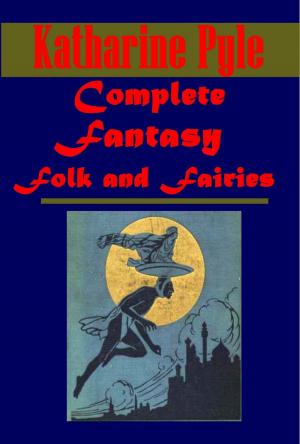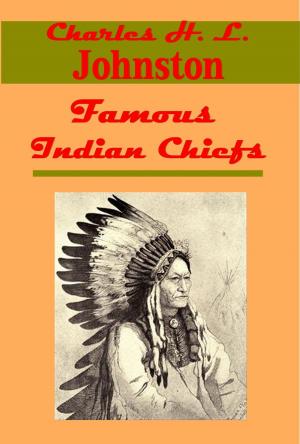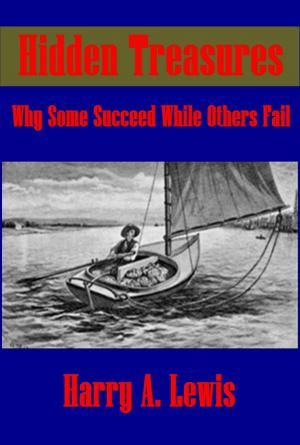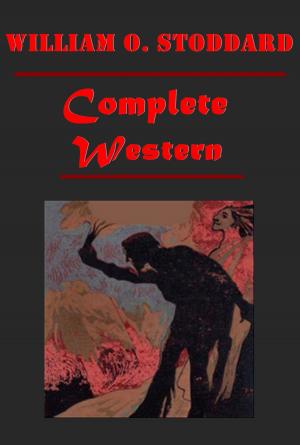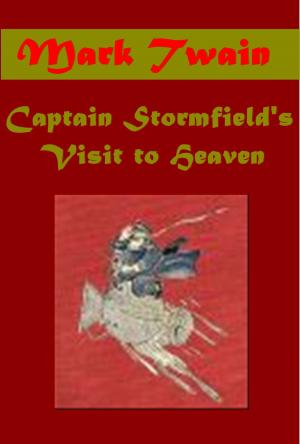Complete Western Adventure Romance Anthologies of Stewart Edward White
Fiction & Literature, Westerns, Action Suspense, Romance, Contemporary| Author: | Stewart Edward White | ISBN: | 1230000223684 |
| Publisher: | AGEB Publishing | Publication: | March 7, 2014 |
| Imprint: | Language: | English |
| Author: | Stewart Edward White |
| ISBN: | 1230000223684 |
| Publisher: | AGEB Publishing |
| Publication: | March 7, 2014 |
| Imprint: | |
| Language: | English |
Contents
The Sign at Six (1912)
The Gray Dawn (1915)
The Mountains (1904)
Blazed Trail Stories and Stories of the Wild Life (1899)
The Adventures of Bobby Orde (1908)
The Westerners (1901)
The Call of the North
The Rules of the Game (1910)
The Claim Jumpers: A Romance (1901)
The Riverman (1908)
The Land of Footprints (1913)
The Forty-Niners (1918)
The Leopard Woman (1916)
Conjuror's House (1903)
The Forest (1904)
Gold (1913)
The Blazed Trail (1902)
The Killer (1919)
The Silent Places (1903)
Arizona Nights (1907)
African Camp Fires (1914)
The Mystery (1907)
Camp and Trail (1906)
The Sign at Six (1912)
The story of a man who thought he owned New York and of another man who undertook to convince him of his error. In the conflict between them New York becomes a city of unbounded surprises and of thrilling dread.
The Gray Dawn (1915)
This book tells of the period shortly after the first mad rush for gold in California. A young lawyer and his wife, initiated into the gay life of San Francisco, find their ways parted through his downward course, but succeeding events bring the “gray dawn of better things” for both of them.
The Adventures of Bobby Orde (1908)
The story of the Riverman's son Bobby--a more engaging little chap could hardly be found.
The Rules of the Game (1910)
The romance of the son of "The Riverman." The young college hero goes into the lumber camp, is antagonized by "graft" and comes into the romance of his life. This is a story of the Californian Sierras and the great duel between the financial trusts and the Government for the preservation of the forests. Like all Mr. White's books it is full of swift incident and the magic of the wilds.
The Claim Jumpers: A Romance (1901)
The tenderfoot manager of a mine in a lonesome gulch of the Black Hills has a hard time of it, but "wins out" in more ways than one.
The Riverman (1908)
The story of a man's fight against a river and of a struggle between honesty and grit on the one side, and dishonesty and shrewdness on the other.
The Leopard Woman (1916)
This opulent tale of mystery and love and war intrigue gives an intimate picture of that almost unknown part of Africa of which Mr. White told in "The Rediscovered Country."
Conjuror's House (1903)
Conjuror's House is a Hudson Bay trading port where the Fur Trading Company tolerated no rivalry. Trespassers were sentenced to "La Longue Traverse"--which meant official death. How Ned Trent entered the territory, took la longue traverse, and the journey down the river of life with the factor's only daughter is admirably told. It is a warm, vivid, and dramatic story, and depicts the tenderness and mystery of a woman's heart.
The Forest (1904)
Amusing yarns that tell of the little campers' tricks that provide one's comfort in the North Woods.
Gold (1913)
The gold fever of '49 is pictured with vividness. A part of the story is laid in Panama, the route taken by the gold-seekers.
The Blazed Trail (1902)
A wholesome story with gleams of humor, telling of a young man who blazed his way to fortune through the heart of the Michigan pines. Based on White's experiences as a lumberjack in the north woods of Michigan.
The Killer (1919)
An evil man, but strong and perfect in evil--the tale of this astonishing man and his end is an achievement even for Stewart Edward White.
The Silent Places (1903)
A strenuous detective story, laid in the author's chosen field of the North Woods. The dramatic power of the book alone would make it famous. In addition, it has the fascination of the great, white, quiet forests--the Silent Places.
Arizona Nights (1907)
A series of stories loosely connected by the narrative device of different speakers swapping yarns around the campfire at the end of each trail-riding day."A series of spirited tales emphasizing some phase of the life of the ranch, plains and desert, and all, taken together, forming a single sharply-cut picture of life in the far Southwest. All the tonic of the West is in this masterpiece of Stewart Edward White."
African Camp Fires (1914)
Spirited sketches of hunting and adventure in British East Africa, which give an excellent idea of native life, the country, and its development by the white man, the game found and the spirit of Africa, and often show a nice sense of humor.
The Mystery (1907)
The disappearance of three successive crews from the stout ship "Laughing Lass" in mid-Pacific, is a mystery weird and inscrutable.
Camp and Trail (1906)
The boiled-down results of Mr White's out-of-door experiences in the form of advice to woodmen and amateur campers. The experienced camper, having set prejudices of his own, may dispute some of Mr White's dogmatism
Contents
The Sign at Six (1912)
The Gray Dawn (1915)
The Mountains (1904)
Blazed Trail Stories and Stories of the Wild Life (1899)
The Adventures of Bobby Orde (1908)
The Westerners (1901)
The Call of the North
The Rules of the Game (1910)
The Claim Jumpers: A Romance (1901)
The Riverman (1908)
The Land of Footprints (1913)
The Forty-Niners (1918)
The Leopard Woman (1916)
Conjuror's House (1903)
The Forest (1904)
Gold (1913)
The Blazed Trail (1902)
The Killer (1919)
The Silent Places (1903)
Arizona Nights (1907)
African Camp Fires (1914)
The Mystery (1907)
Camp and Trail (1906)
The Sign at Six (1912)
The story of a man who thought he owned New York and of another man who undertook to convince him of his error. In the conflict between them New York becomes a city of unbounded surprises and of thrilling dread.
The Gray Dawn (1915)
This book tells of the period shortly after the first mad rush for gold in California. A young lawyer and his wife, initiated into the gay life of San Francisco, find their ways parted through his downward course, but succeeding events bring the “gray dawn of better things” for both of them.
The Adventures of Bobby Orde (1908)
The story of the Riverman's son Bobby--a more engaging little chap could hardly be found.
The Rules of the Game (1910)
The romance of the son of "The Riverman." The young college hero goes into the lumber camp, is antagonized by "graft" and comes into the romance of his life. This is a story of the Californian Sierras and the great duel between the financial trusts and the Government for the preservation of the forests. Like all Mr. White's books it is full of swift incident and the magic of the wilds.
The Claim Jumpers: A Romance (1901)
The tenderfoot manager of a mine in a lonesome gulch of the Black Hills has a hard time of it, but "wins out" in more ways than one.
The Riverman (1908)
The story of a man's fight against a river and of a struggle between honesty and grit on the one side, and dishonesty and shrewdness on the other.
The Leopard Woman (1916)
This opulent tale of mystery and love and war intrigue gives an intimate picture of that almost unknown part of Africa of which Mr. White told in "The Rediscovered Country."
Conjuror's House (1903)
Conjuror's House is a Hudson Bay trading port where the Fur Trading Company tolerated no rivalry. Trespassers were sentenced to "La Longue Traverse"--which meant official death. How Ned Trent entered the territory, took la longue traverse, and the journey down the river of life with the factor's only daughter is admirably told. It is a warm, vivid, and dramatic story, and depicts the tenderness and mystery of a woman's heart.
The Forest (1904)
Amusing yarns that tell of the little campers' tricks that provide one's comfort in the North Woods.
Gold (1913)
The gold fever of '49 is pictured with vividness. A part of the story is laid in Panama, the route taken by the gold-seekers.
The Blazed Trail (1902)
A wholesome story with gleams of humor, telling of a young man who blazed his way to fortune through the heart of the Michigan pines. Based on White's experiences as a lumberjack in the north woods of Michigan.
The Killer (1919)
An evil man, but strong and perfect in evil--the tale of this astonishing man and his end is an achievement even for Stewart Edward White.
The Silent Places (1903)
A strenuous detective story, laid in the author's chosen field of the North Woods. The dramatic power of the book alone would make it famous. In addition, it has the fascination of the great, white, quiet forests--the Silent Places.
Arizona Nights (1907)
A series of stories loosely connected by the narrative device of different speakers swapping yarns around the campfire at the end of each trail-riding day."A series of spirited tales emphasizing some phase of the life of the ranch, plains and desert, and all, taken together, forming a single sharply-cut picture of life in the far Southwest. All the tonic of the West is in this masterpiece of Stewart Edward White."
African Camp Fires (1914)
Spirited sketches of hunting and adventure in British East Africa, which give an excellent idea of native life, the country, and its development by the white man, the game found and the spirit of Africa, and often show a nice sense of humor.
The Mystery (1907)
The disappearance of three successive crews from the stout ship "Laughing Lass" in mid-Pacific, is a mystery weird and inscrutable.
Camp and Trail (1906)
The boiled-down results of Mr White's out-of-door experiences in the form of advice to woodmen and amateur campers. The experienced camper, having set prejudices of his own, may dispute some of Mr White's dogmatism
